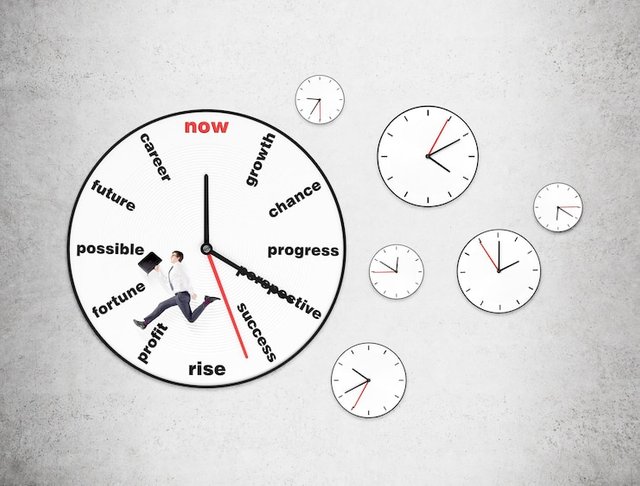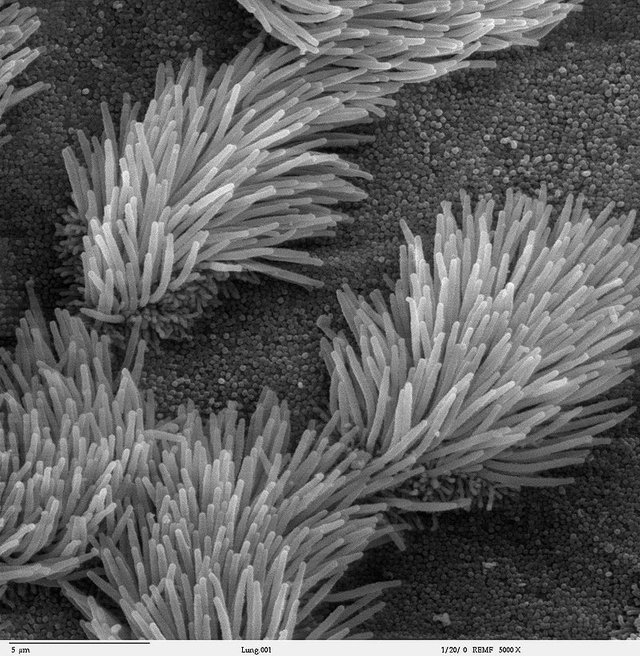Our time sensors.
Our time sensors.

Souce
We perceive the things of the world that surrounds us thanks to our senses, touch, smell, sight, hearing and taste, we can perceive the wind on our face, smell the flowers in the field, see a spring landscape, hear the sound of birds and taste the fruit of a tree, but have you ever thought about how we can perceive something like time?

Souce
The cilia protrude from the surface of the brain cell like antennae, they are flexible and act as a signaling center that detects and transmits signals to generate the appropriate reactions acting like a clock, exactly how they do it is still unknown, but thanks to this work it is known what happens when they are missing or defective.
Thank you for visiting my blog. If you like posts about #science, #planet, #politics, #rights #crypto, #traveling and discovering secrets and beauties of the #universe, feel free to Follow me as these are the topics I write about the most. Have a wonderful day and stay on this great platform :) :)